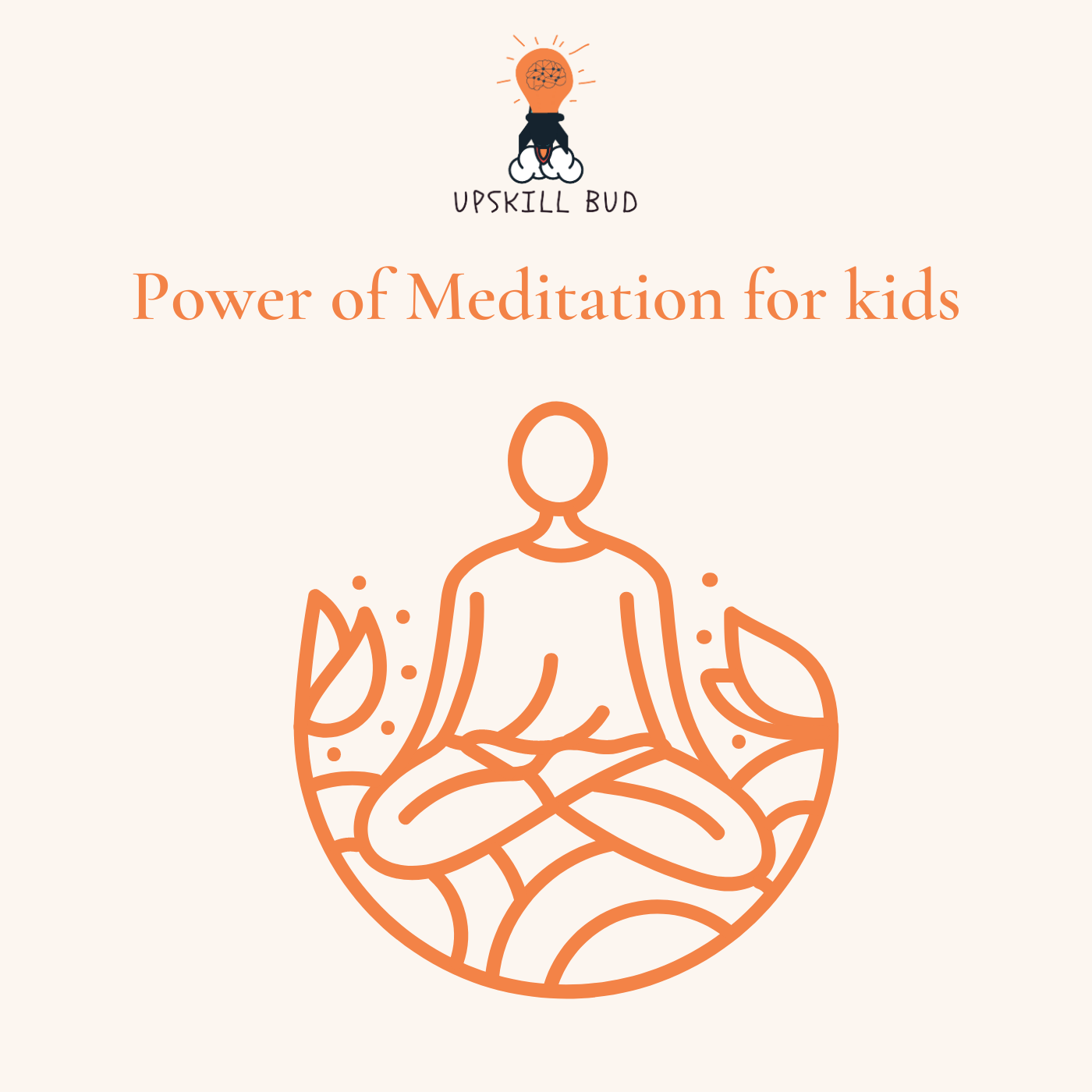
Homeschooling in India. A Question Mark or Choice?

Once upon a random day, I Googled – ‘Importance of Motivation!’ Master Google showed me a lot of search results that revolved around motivation at the workplace. How to encourage employees and the like. I could see heaps of articles about tips, do and don’ts, and whatnot. But that’s what SEO is all about. (It’s not Google’s fault, although it is the SE in SEO!) The search engine gets you the result of all the majority searches. The SE gave me the frantically typed searches for ‘motivation at the workplace’ by the many sufferers of Monday blues.
But, this made me think – Does motivation only matters in adult life? While working? Is that all?
For instance, isn’t motivation important when we are in school? Isn’t it important to motivate children to learn and understand their education in a better way?
“When the atmosphere encourages learning, the learning is inevitable.”
– Elizabeth Foss
True that.
Laziness and ‘hating the routine’ is human nature, whether it increases or decreases while growing up is a mystery. (Remember pros of procrastination is a real thing!) But that’s not our point.
The point is – motivation is important in general and that doesn’t limit to workplaces. Likewise, it is necessary that schools, teachers, and parents to always try to motivate children to learn and advocate critical thinking in them. A safe and nurturing environment facilitates quality in education.
Now, the reality tells us as that lack of motivation in schools is causing parents to look for options like an alternative school in India or off-beat teaching methods as opposed to conventional schooling. Furthermore, factors like overcrowded classrooms, overburdening school bags, and security concerns for children are stimulating parents to look for an environment that is safe and conducive for a child’s growth – academically, physically and mentally. India is witnessing some change with the millennial parents wanting to raise their kids differently than their previous generation. They don’t want their kids to juggle between the mercies of adrenaline and cortisol anymore. People are looking out for change and if the system gives them nothing but rigidity, then, of course, they will opt something that suits their child’s intellectual needs.
Thusly, homeschooling in India is becoming the choice of many parents nationwide. However, it is a big decision. It requires a lot of commitment and perseverance on behalf of the parents and of course co-operation from the kids.
Therefore, let’s go in-depth and understand ‘how does homeschooling work’ right from the beginning:
What is Homeschooling?
Homeschooling, also known as home education is a practice of imparting education at home through online sources under the guidance of parents, a private tutor or an online teacher. The concept of homeschooling was popularized by John Holt, an American author, and researcher along with Raymond Moore, an educational researcher who advocated this concept in America.

But, what are the guidelines for homeschooling in India?
The Right to Education Act (RTE) states that education in India for children within the age group 6 to 14 is compulsory and to be considered as the fundamental right. The word ‘compulsory’ from the act confused many parents which questioned their decision to home school or un-school their kids. As a result of this feedback, then minister of education, Kapil Sibal stated that “RTE Act wants every child to be in school, but if somebody decides not to send his/her children to school, we [the government] are not going to interfere.” Thus, clearing the air of confusion.
Furthermore, there is no such thing as homeschooling law in India as this method is not yet legalized by the government. The good thing is there are no restrictions either. Whether to home school or follow the conventions is completely up to the parents and the child’s liking. In addition to this, there is no such authority that governs the system of homeschooling in India. It is solely the parents’ responsibility to educate the child, decide which curriculum to follow, etc.
The interesting part of this technique is the homeschooling syllabus. The pattern of studying is nothing like a rigid school curriculum as parents have the freedom to choose what suits best for their child. They can develop a separate method of study and choose subject combining different curriculum to educate the child. In the case of choosing a formal curriculum, parents generally follow IGCSE homeschooling or the NIOS method.
Recently, the Maharashtra Government launched ‘Open SSC Board’ initiative for children who do not want to follow the conventional curriculum but focus on subjects they are skilled at. This initiative was launched on January 10, 2019.
But, as every coin has two sides, so does this concept of alternative education. Let’s traverse through some homeschooling pros and cons.
Homeschooling advantages:
- Homeschooling opens the door of endless possibilities for parents to make children fall in love with education. This method proves very beneficial for children with learning disabilities such as Dyslexia, Dysgraphia, etc.
- This system facilitates educational freedom to children and makes them understand the basics of critical thinking. Parents can experiment in their teaching styles while teaching any subject to the kids. For instance, they can use live examples and experiences to explain a particular concept to the kids. This imbibes interest and curiosity among the children to learn.
- With no extra homework and heavy school bags, children are relieved of the stress that forms the backbone of the conventional system. They feel free to learn the subjects of their choice without the fear of unhealthy competition, favouritism, bullying, etc. This improves their self-esteem and boosts good mental health.
- These days, when life and work-life gets mingled so easily, parents struggle to spend time with the kids. As compensation, folks try to stuff their whole life during the weekends. When a child is home-schooled, he or she gets more time to spend with the parents, making the bond and communication stronger.
- In an environment that’s safe and without any pressure, children tend to learn more easily bringing more quality in their education than just scribbling and filling up workbooks night before submissions.
Homeschooling disadvantages:
- The flipside of homeschooling is socialization. Many people say that it is a myth about homeschooling but somewhere it is true. Home-schooled children also meet other kids but that restricts them to those who fall under their parent’s social circle or from the homeschooling circle. Thus, socialization for home-schooled kids is different.
- In addition to this, children when in schools interact with many kids, form relations on their own and understand life as it comes. Sometimes, it is necessary. Homeschooling environment can seem overprotective, in the long run.
- Schools have many activities like inter-school competitions, school-level competitions, annual events, cultural events, sports days which help students to interact with other kids, build their social circle and perform in the activities together. This inculcates qualities like teamwork and leadership. Homeschooling lacks such activities unless organized by the parents on a larger level.
- Lack of discipline and structure is one of the arguments against homeschooling. Parents have to keep a close eye on the child’s education and prevent the child from taking his learning too easily.
- Homeschooling is solely the parents’ responsibility. They have to make sure that once the decision is taken, they have to commit to it and play a pro-active role in the child’s education. This can reduce their time for themselves as well as sometimes the parents’ career is hampered.
Is unschooling another word for homeschooling?
No, unschooling is a different concept than homeschooling. Although both encourage flexibility in education but differ in the methods of teaching. Unschooling focuses on natural and organic methods of learning without a fixed curriculum. On the other hand, homeschooling focuses on following the curriculum but in a flexible manner under the guidance of parents or a private tutor.
Another aspect which differentiates these two techniques is the environment of teaching. Unschooling follows the ancient system of Gurukuls where students stay in the school itself while in homeschooling, students learn at their homes.
Still confused about the whole concept of unschooling, click here to get all your questions answered!
Conclusively, whether to home-school a child or not all depends on the parents and the children both. If managed properly, homeschooling can facilitate the overall development of the child, perfectly balancing the subjects that the child enjoys learning.
Among the famous homeschooled people include your favourite Agatha Christie, Charlie Chaplin, Albert Einstein, Benjamin Franklin and also Ryan Gosling!
“Tell me and I forget. Teach me and I remember. Involve me and I learn.”
– says so Benjamin Franklin and Zedua cannot agree more. We stand for education that focuses on skills because learning is all about becoming what you want rather than what the herd leads to.
Happy Learning!
Recomended Blogs

It indeed is not easy to learn something new! Getting out of your comfort zone and learning something

Zedua
2 years ago

Many successful people have attributed their success to the practice of Meditation. How great i

Zedua
3 years ago

Hybrid classes is the trend in the air or was it already there in an implicit form? Questions are ofte

The Green School Bangalore
3 years ago
